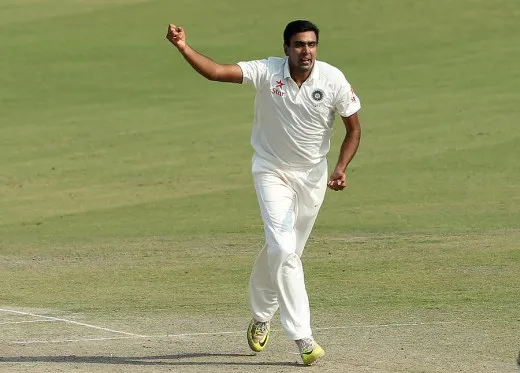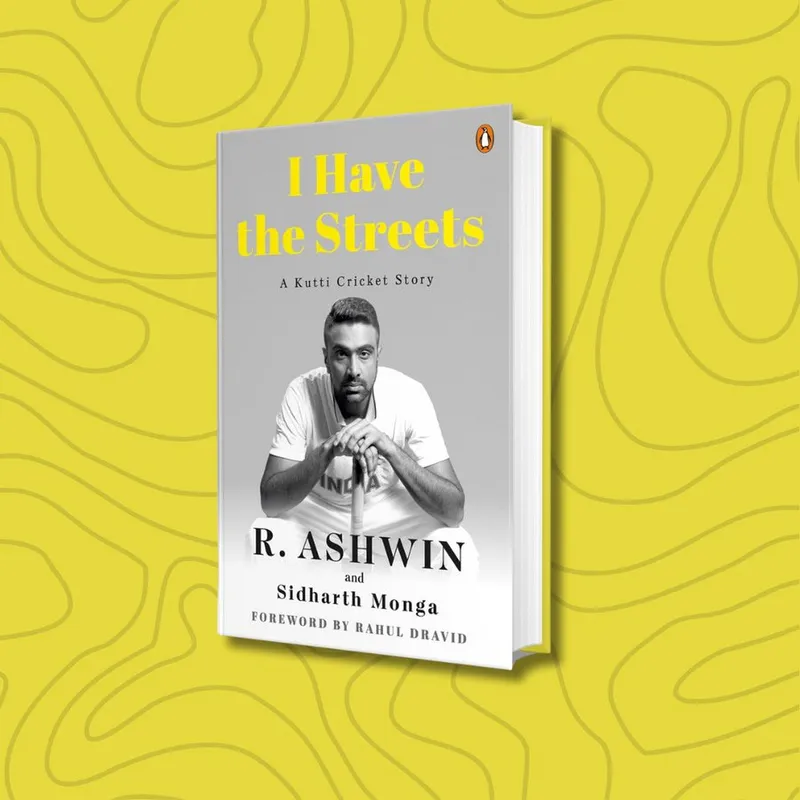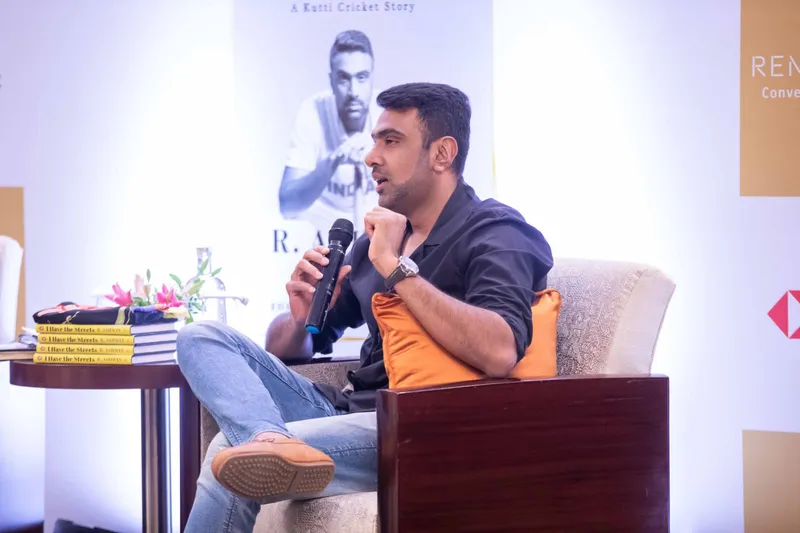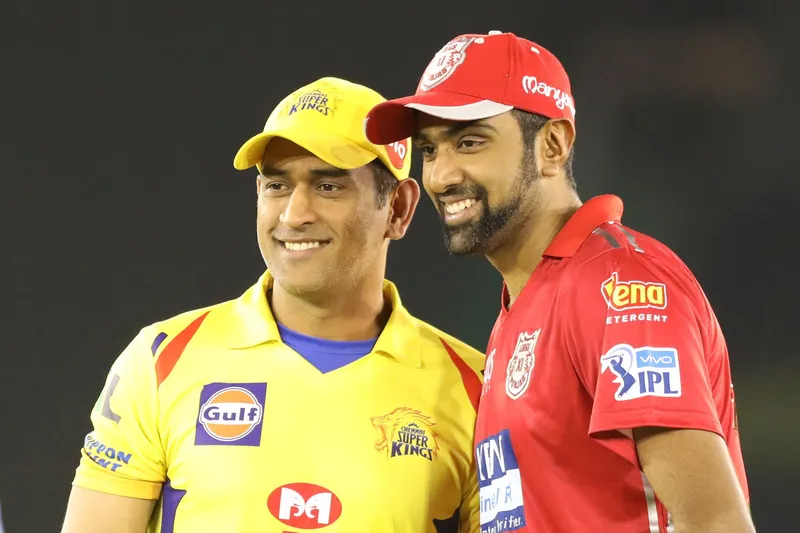From gully cricket to World Cup glory: R Ashwin opens up about the moments that shaped his life
Cricketer R. Ashwin deep dives into his glorious days of street cricket, his evolution as a cricketer and a person, his vulnerabilities and conundrums, and why he enjoys the hustle around cricket and beyond.
Cricketer R Ashwin’s curiously titled book I Have the Streets is the kind of book one can binge-read, for it has an easy flow with stories that one can relate to, and a style that one can instantly warm up to.
But it’s also the kind of book one would want to savour slowly—to revel in the sepia-tinted world of an innocent young boy that Ashwin once was, for just a little longer … A young boy who grew up playing cricket in the dusty streets of Ramakrishnapuram, a nondescript neighbourhood in the locality of West Mambalam, in Chennai.
At the launch of his maiden book in his hometown Chennai recently, Ashwin describes his gully cricket days in Ramakrishnapuram as “glorious days”, which gave him a strong rooting and shaped him as a cricketer.
This is where he began his cricketing journey as a batsman and a medium pacer, before injury intervened and he took to offspin.
“These are days I will always cherish,” he reminisces.
The 37-year old fondly recounts the time when he, along with the members of the self-styled ‘Ramakrishnapuram Underarm Cricket Association’—RUCA as they like to call it—floated flyers for an underarm tournament they were organising in 2010, at a time when Ashwin’s IPL journey was already underway.

Source: Facebook
When he says, “Those days aren’t coming back,” one can detect more than a tinge of longing in this spirited cricketer who doesn’t like to give an inch—even if it’s just a game on the streets.
“More than a sweetly timed shot or the sight of flying stumps, it is the competition that has attracted me to cricket. I cannot bear to play a game of cricket that is not competitive,” Ashwin writes in his book.
Even as an impish eight-year-old, Ashwin nurtured an uncommon competitive streak and an unending curiosity and hunger for the game—traits he has carried on with him throughout his cricketing career.
The episode involving him running out non-striker Jos Butler for backing up too far is now part of cricketing lore.
Interestingly, but not surprisingly, he continued to play street cricket until 2016, much after he had become an established international cricketer.
Battling opinions
Throughout his career, Ashwin may have had to sit out many matches to make way for others because of the ‘playing conditions’, but he has never let that affect what he brings to the game.
All his life, Ashwin has had to battle different kinds of views and opinions about him—not blessed with athleticism, being arrogant, and the guy who argues too much and asks too many questions.
Ashwin puts it down to perception and conditioning: “If you can take what people can tell about you on the face, then you have the right to give it to them on the face."
“But again, there is no necessity to hurt people in the name of being straightforward. That’s refinement,” he explains.
According to Ashwin, people are quick to form opinions—“in 60 seconds”—but there is no point trying hard to break this narrative. This realisation has helped him evolve not just as a cricketer but also as a person. His only niggle, however, is, “I wish this had dawned on me earlier.”
“We all fight to be ‘right’ and are happy that somebody is ‘wrong’,” says the offspinner, making one wonder if he is quietly building an alternative career as a mentor or philosopher.
One cannot put anything past Ashwin—whose interests extend beyond cricket to Tamil movies, doing detailed match analysis on YouTube, and picking the brains of people from different fields.
This tendency to hustle, despite his busy schedule as an Indian cricketer, stems from the fear of not being able to do everything he thinks of doing in this lifetime.
"I enjoy the hustle,” says Ashwin, who is often perceived as an ‘overthinker’.
“But this (thinking) is what bowlers have to do; this is our profession,” he counters. “We bowlers are at the mercy of leaders who have probably never bowled a ball.”
This ‘thinking’ that he does during practice is what has helped him get better at bowling. And it is this approach that has perhaps helped him work on his trademark sodakku (carrom ball) and scalp over 516 Test wickets.
In a game that’s stacked heavily in favour of the batsmen today—especially in T20 cricket— Ashwin has always batted for the bowlers, urging people not to use wickets alone as a yardstick and instead look at the control and impact they have in the game during a passage of time.
I Have the Streets talks about all this and more.

I Have the Streets - A Kutti Cricket Story - by R. Ashwin and Sidharth Monga. Image credit: Penguin India's X account
A trip down memory lane
The book—which Ashwin has co-authored with sports journalist Sidharth Monga—is funny at times, clever for most parts, and also a tad stoical in some places.
It delves into his stint with club cricket and first-class cricket; playing for Tamil Nadu and Chennai Super Kings; his juggle between sports and studies; his dalliance with his wife Prithi; and the immense role his mother, father (to whom Ashwin owes his inquisitive nature) and grandfather played in his life, ensuring he had a fruitful career as a cricketer.

R Ashwin regales the audience with witty stories and wisecracks during the launch of his book in Chennai.
At the book launch, Ashwin profusely singles out the influence his thatha (grandfather) had on him—something he didn’t realise as a child.
Thatha didn’t like his grandson spending so much time on the cricket ground, but he was also the one who took him to the ground every day after school.
“He brought me milk and my shoes after school … He took me on his cycle to the ground. He never took an auto ...,” the cricketer trails off.
Ashwin also gives a peek into his struggles to belong initially as he was not conversant with Hindi, what Madras means to him, and the disconnect people from the state of Tamil Nadu have with the rest of the country.
Through the book, he wishes to lay out the landscape for aspiring cricketers, so that they can learn from the hardships he faced and not buckle under them.
“I always thought the Indian team was one big happy family. That’s how many people think … However, when it gets hot in the kitchen, we must be willing to fight without giving up.
“Till 2015-16, every time I boarded a flight to go on a tour, I wanted to come back to my street, to the comfort of my house. This happens because we are so disconnected from the rest of the country.”
This disconnect is also another reason why many talented people from the state don’t make it big, he adds.
The book ends on a high note—being part of the Indian squad that won the ODI World Cup in 2011 under Dhoni’s captaincy, although Ashwin played just a couple of matches in the tournament.

MS Dhoni and R Ashwin (L-R) | Source: Facebook
Though the book does not rattle off a long list of acknowledgements that are common in works of this nature, Ashwin—through the course of his narration—acknowledges the impact of many greats in his life, including MS Dhoni, who believed variation was Ashwin’s strength; Gautam Gambhir; Krishnamachari Srikkanth; and the former coach of Tamil Nadu WV Raman.
Many episodes in the book expose the vulnerabilities of Ashwin as a cricketer and a person—imperfect, but willing to learn from his mistakes. And this is how he conceived the book to be—real and organic.
For instance, he asks VB Chandrasekar of the CSK think-tank as to why he was left out of the squad for a few IPL games in 2010. He also expresses disappointment that the coach Stephen Fleming didn’t speak to him personally when he was sent home.
“We are all vulnerable and make mistakes. The greatest strength is to show your vulnerabilities, what you have gone through, and the conundrums in your head, which is what will refine somebody else.”
I Have the Streets—Ashwin insists—is not an autobiography. “Who am I to write an autobiography? I have just taken you down my life, my story,” he says.
His story couldn’t have been named better, for Ashwin has the streets and the love of all those he played with on the streets, some of whom were present at the book launch.
Edited by Debolina Biswas







